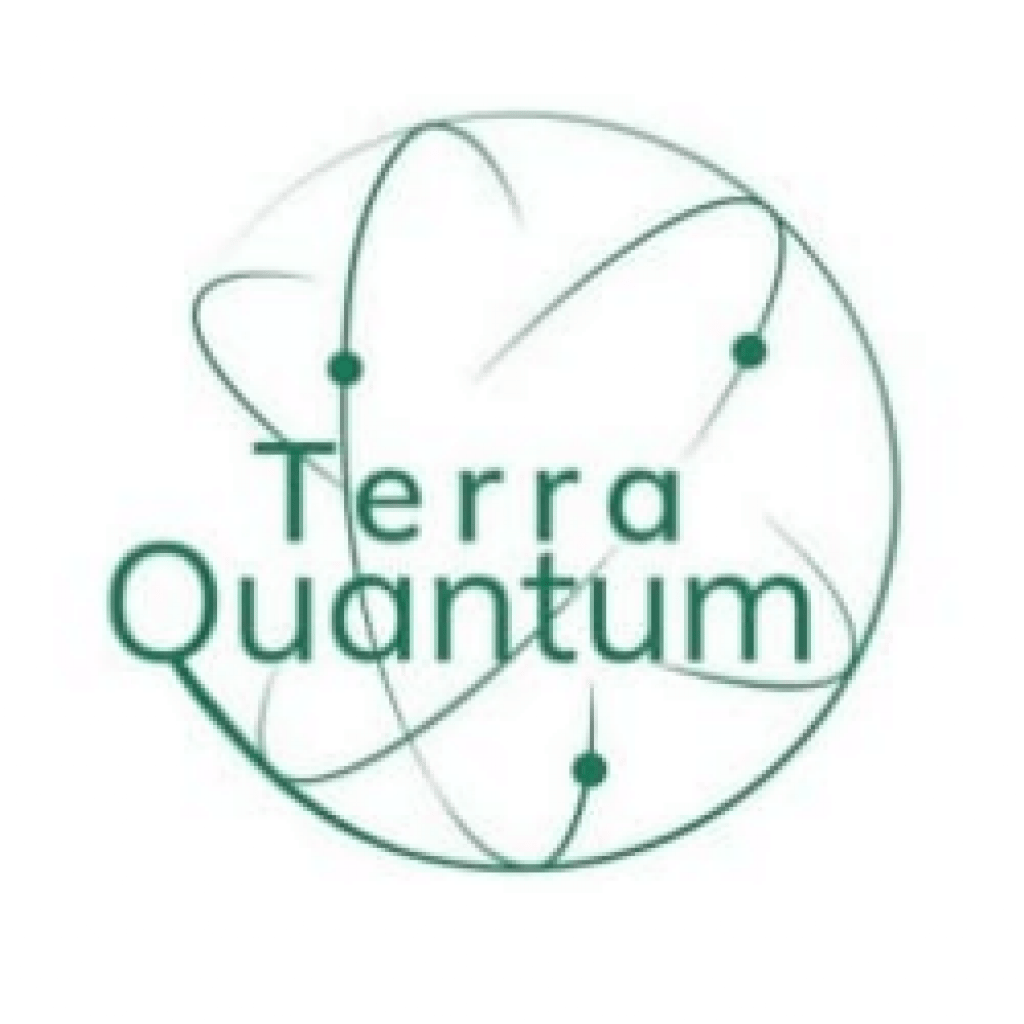(TerraQuantum) Terra Quantum AG and Volkswagen Data:Lab have collaborated to demonstrate the potential of hybrid quantum computing for the automotive industry. IQT-News shares the announcement and discusses the two research papers outlining the project.
The capability to exponentially improve computing power with quantum enhanced properties promises competitive advantage in different scenarios. Two research papers outline the joint effort between Terra Quantum AG and Volkswagen Data:Lab. This information provides foundational scientific work for quantum-ready applications in the automotive production: 1) optimization of work-flow scheduling at the assembly line as well as 2) hybrid machine learning to enhance image recognition systems for car classification.
1) The first paper puts the focus on quality control testing in assembly line procedures – a very complex optimization challenge. The joint team explores how to improve this last and important step at the assembly line. To ensure the quality of production, skilled workers perform a sequence of tests and checks. The objective here is to define the most optimal and feasible test schedule that takes the least amount of time to complete. The complexity derives from the dependencies between tests and resource capacity like changing worker availability. “Efficiently organizing specific time sensitive tasks in a workflow is a major challenge. It includes a complex set of constraints and dependencies to consider. These variables present an intractable challenge for classic computers as the problem size increases. With our hybrid quantum computing approach, we can combine high-performance computing and leverage the unique capabilities of quantum mechanics. With this combination, we will be able to tackle the most complex computing challenges”, says Dr Florian Neukart, Chief Product Officer of Terra Quantum.
Through a novel mathematical formulation and unique decomposition techniques for handling complexity, the joint team showcased the potential of the hybrid solution deployed on the QMware cloud. In the paper, they present a decomposition method for this specific application to mitigate the complexity and demonstrate the effectiveness of the approach: achieving more optimal test schedules in comparison to quantum, classical, and hybrid quantum-classical algorithms selected.
2) The second paper concentrates on machine learning. The research team aimed to improve the accuracy of image recognition. In the manufacturing context, these systems are highly valuable for fault detection, for example. The team developed a new hybrid quantum machine learning algorithm and deployed it on the QMware cloud. In scientific terms, they built a hybrid quantum residual neural network model, enhanced through quantum elements and a new approach for a quantum-inspired tensor train hyperparameter optimization. The team benchmarked this method over classical machine learning approaches and observed performance improvements in the form of reduced expected run times and fitness as the problem size scales. The newly developed approach can provide increased accuracy in image recognition tasks in fewer iterations.
Terra Quantum’s hybrid quantum computing approach is outlined in their latest White Paper and proves to outperform classical approaches selected. This superior computing capability opens the opportunity to create business advantage already today. The White Paper demonstrates the performance of their Hybrid Quantum Algorithm Libraries, as well as their execution capabilities on the hybrid quantum cloud QMware: combining high performance and quantum computing technologies in one integrated platform, Terra Quantum can deliver faster and more accurate results for complex computational problems.
Sandra K. Helsel, Ph.D. has been researching and reporting on frontier technologies since 1990. She has her Ph.D. from the University of Arizona.
